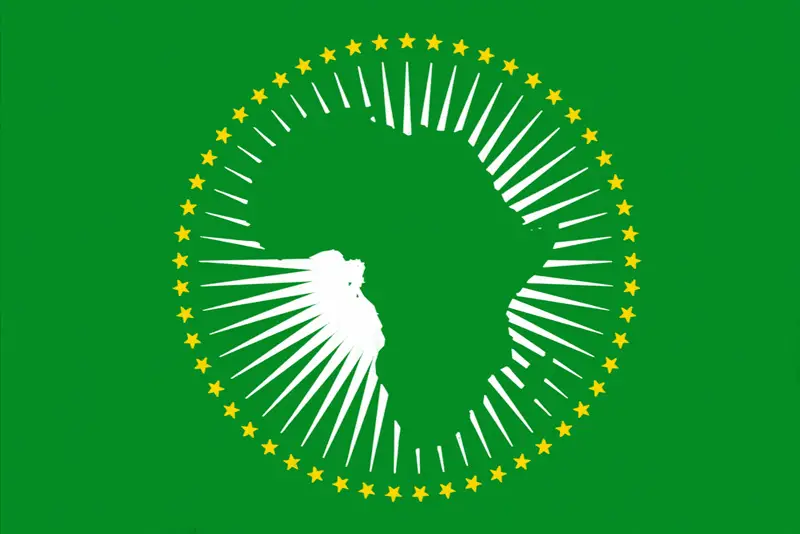
7th July 2016 African Union to launch new "single African passport" The African Union (AU) is introducing a common passport that will allow visa-free access to all 54 member states.
While the shock result of Britain's referendum may threaten the already fragile European Union, other regions of the world are seeing closer integration. Russia, for example, recently helped to establish the Eurasian Union – a political and economic union consisting of Russia, Belarus, Kazakhstan, Armenia and Kyrgyzstan. Meanwhile, the East Asian Community (EAC) is a proposed trading bloc for the East Asian and Southeast Asian countries, which may arise out of either ASEAN Plus Three or the East Asia Summit (EAS). On the other side of the planet, the Union of South American Nations was established in 2008 and consists of 12 member countries. Now, the African Union (AU), formed in 2002 as a continental union of 54 nations in Africa, has taken its latest step towards closer integration by announcing a new electronic passport (e-Passport). This will be launched at the next AU Summit taking place in Kigali, Rwanda from 10th-18th July 2016. This flagship project, first agreed upon in 2014, will be a major part of Agenda 2063 – a strategic framework for transforming the continent over the next 50 years. The AU passport has the specific aim of enabling the free movement of people, ideas, goods, services and capital, fostering intra-Africa trade and socio-economic development. Aspirations 2 and 7 of Agenda 2063, respectively, envision a future Africa that is "integrated" and "united", with a single African passport seen as an important milestone towards achieving that goal. Common passports have already been adopted across a number of smaller regions, such as the Economic Community of West African States (ECOWAS). The proposed AU passport would be an electronic document permitting continent-wide travel, without the requirement for a visa – except for Morocco (the only non-AU nation in Africa) and several island territories held by Spain, France, Portugal and the UK. The first AU passports will be issued to AU heads of state, government ministers and representatives of AU member states later this month. They will be rolled out to all AU citizens by 2018. Some believe this two-year schedule is overly optimistic, however. AU Director for Political Affairs, Dr. Khabele Matlosa, acknowledges the target of providing all citizens with the passports by 2018 is ambitious and that full coverage "may not be achieved until several years later". David Zounmenou, senior research fellow at the Institute for Security Studies in Pretoria, South Africa, shares his view: "Not all countries have the same level of technology needed for the biometric system and to register their citizens," he says. "The timeframe is too short – 2020 would be a fine effort." Deeper integration – such as the formation of a single, pan-African common market – presents enormous political and logistical challenges, but is expected to follow in the decades ahead. On current trends, the World Bank estimates that most African nations will achieve "middle income" status (defined as at least US$1,000 per person per year) by 2025. The gross domestic product (GDP) of the continent, today standing at $2.4 trillion, will see a 12-fold increase by 2050, mushrooming to $29 trillion, larger than the combined GDP of the US and the Eurozone in 2012. ---
Comments »
|







